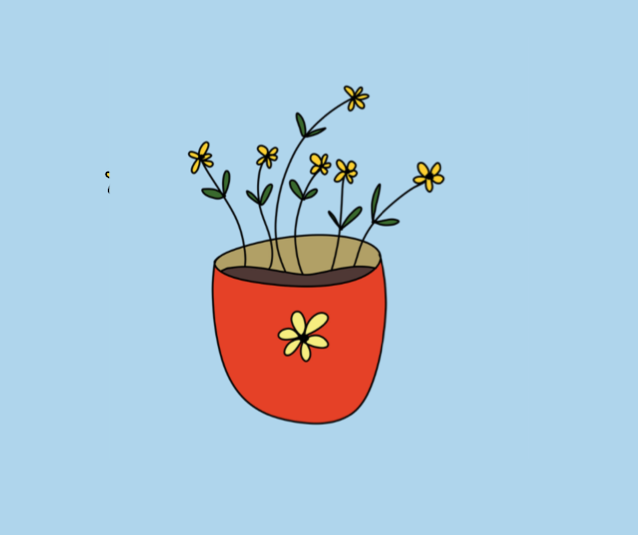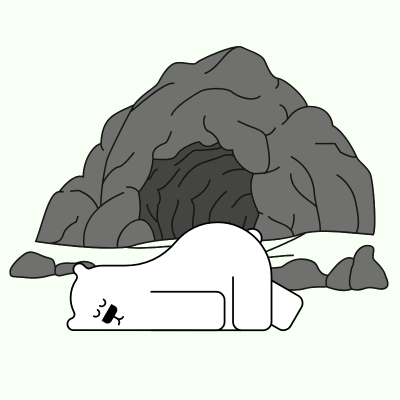When self-love feels like a foreign language

Self-compassion.
Self-acceptance.
Self-love.
Self-forgiveness.
These words echo constantly through self-development spaces, spoken with reverence and certainty. But for many of us, they feel more like locked doors than open invitations.
If these ideas feel alien or vague to you, you're not alone.
You might have read the books. Tried meditation. Gone to therapy. Practiced what was suggested. And still, it doesn’t land.
It feels awkward. Hollow. Like mouthing someone else’s lines in a language you never learned.
Because how do you give yourself unconditional love if you've never felt it?
How do you offer yourself radical acceptance when you've never experienced it?
And how can you believe anything you tell yourself when you are consumed by shame?
For so many of us divergent folks the idea of self-love can feel absurd. Our inner critics have ruled us for so long, they feel like our entire inner world. And shame is their mighty weapon.
How do you grow love in a landscape of violence?
And if you never had the opportunity in your early developing years to internalise genuine safety and warmth, where would you even find a seed to begin?
In this terrain, trying to love yourself can feel like a child with a slingshot facing down a towering terrifying giant. Pretending at resistance but feeling like a fraud.
But here’s the part we’re not told:
It doesn’t have to be a battle.
That idea that we have to “defeat” shame or “conquer” the inner critic is the same combative logic that hurt us in the first place. It’s the mindset of domination and survival. Of war.
But unconditional love doesn’t fight.
It doesn’t cast out or exile any part of us, not even the inner critic.
It sees that voice for what it truly is: a protector from long ago. A scared part of us that emerged in a moment of threat, doing what it knew best to keep us alive. Harsh, yes, but also loyal. It's stuck in the past, repeating its lines, unaware that the war has ended.
The path of self-love, then, isn’t about obliterating shame or silencing the critic.
It’s about stepping out of the battlefield entirely.
Sometimes, the bravest act isn’t to resist, it’s to soften. To sit beside the part of you that once protected you in the only way it knew how, and say:
"I see you. Thank you. I’m here now. You are not alone anymore."
If this voice isn’t available yet, that’s okay, and it’s normal.
In Parts Work this is the “Adult self”. In Schema Therapy it’s called the “Healthy Adult”. In the broader therapy world, it is the “self” in self-regulation — the part that can say “you are safe” in a way your nervous system can actually believe.
This is the voice (or the part) we’re cultivating when we talk about internal safety. It is the part that is grounded, grown-up, compassionate, and wise. And it might feel completely out of reach right now.
But it is in you.
the seed is already there
there is a whole garden hidden under the earth
quiet, buried, waiting to be tended
when you’re ready

